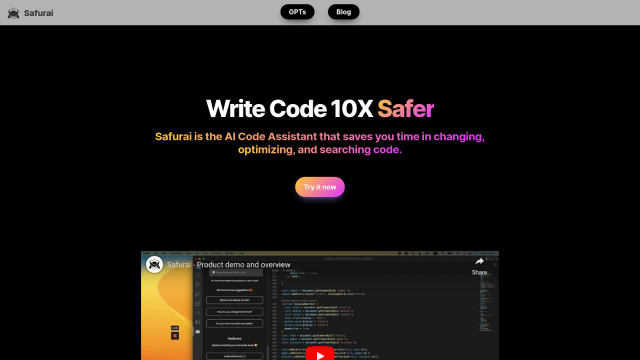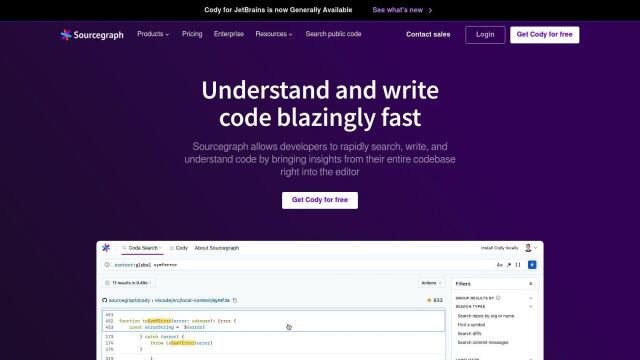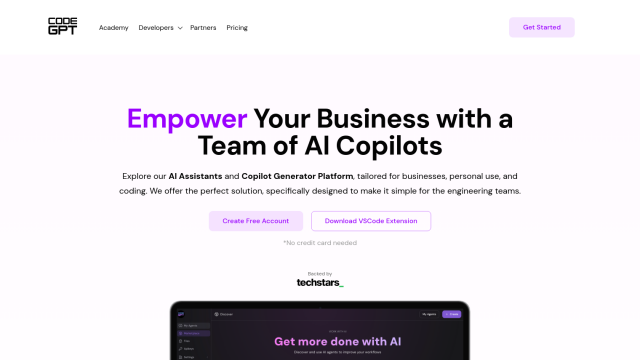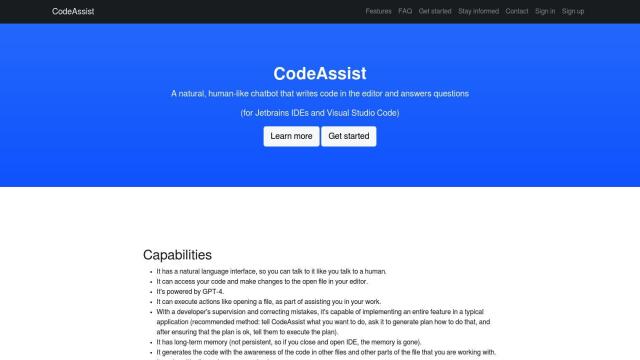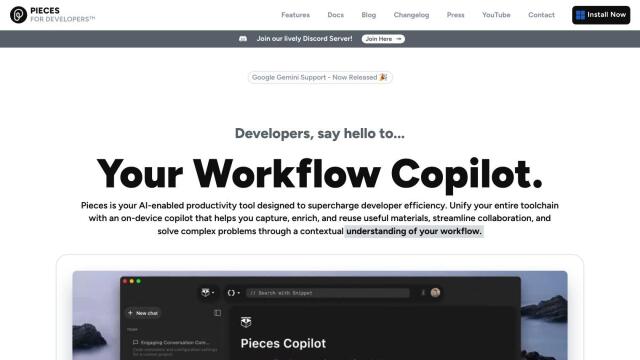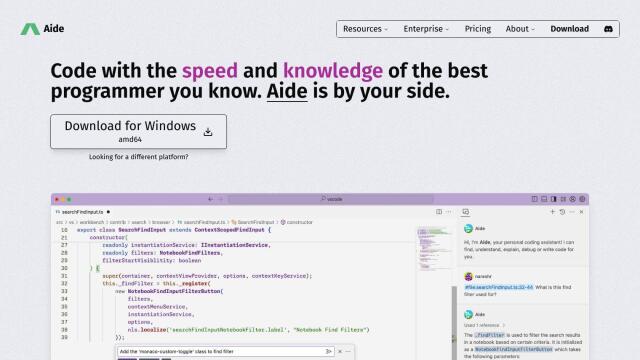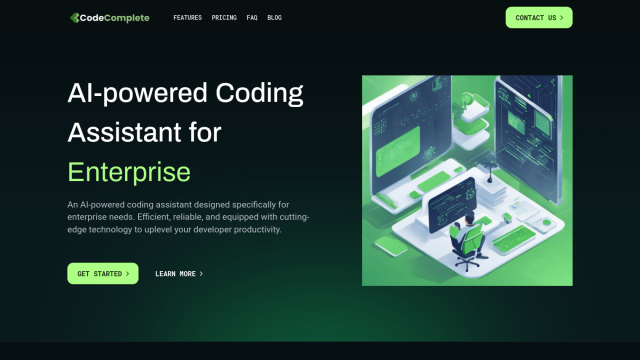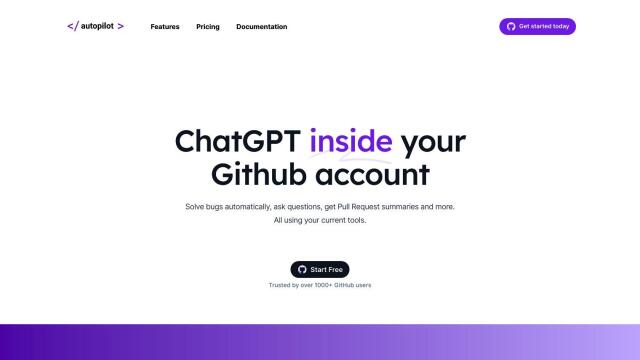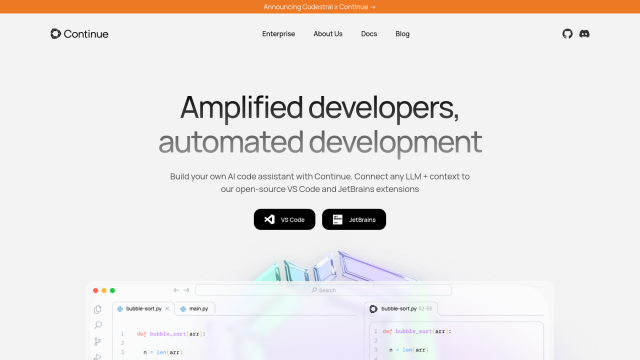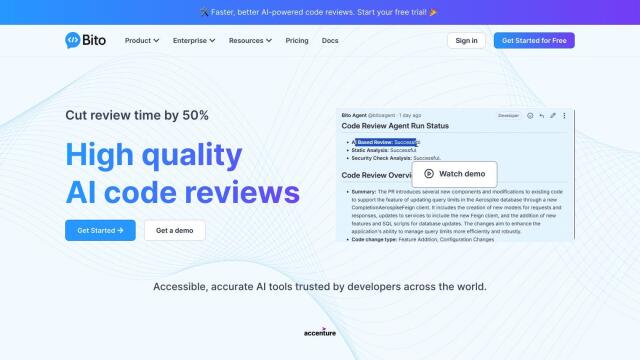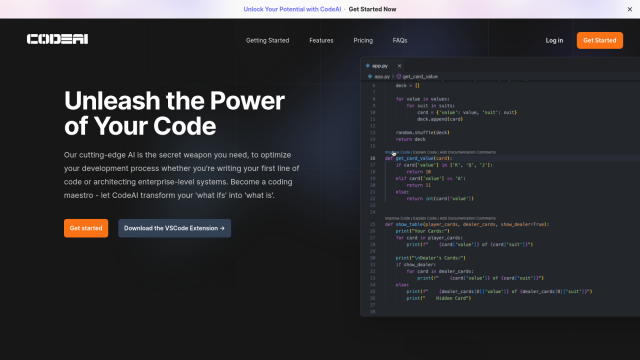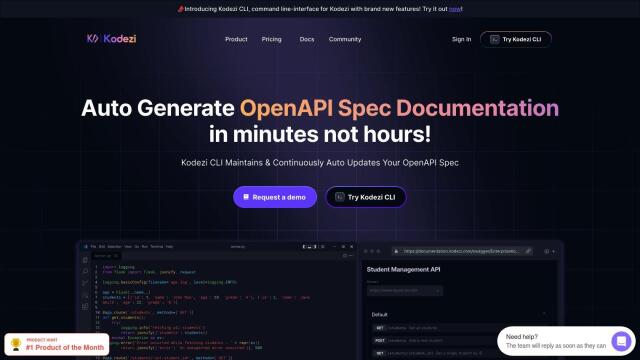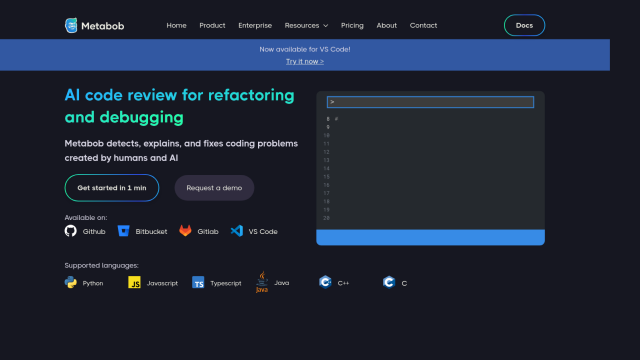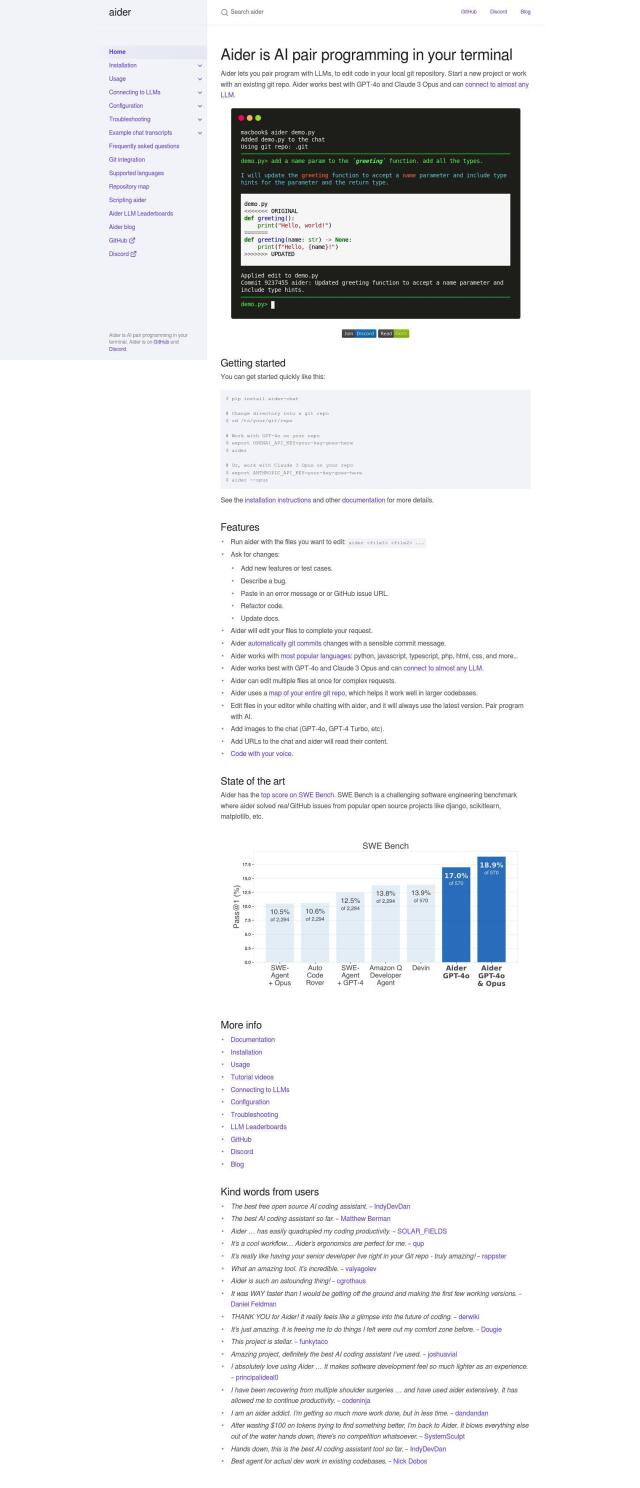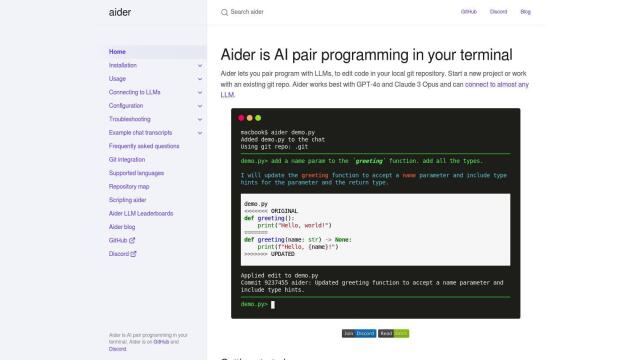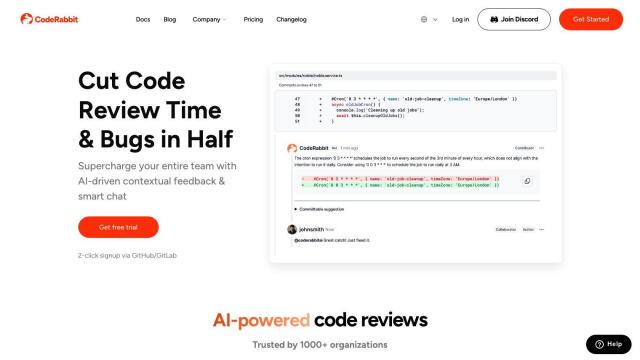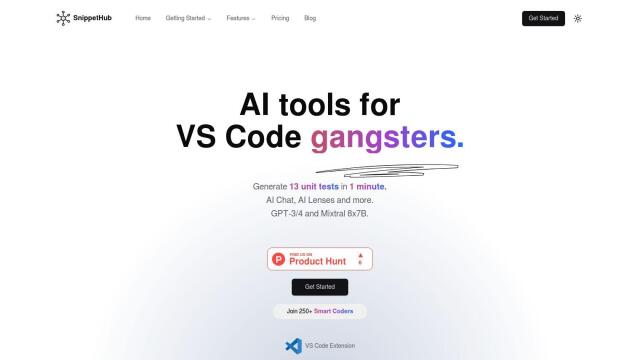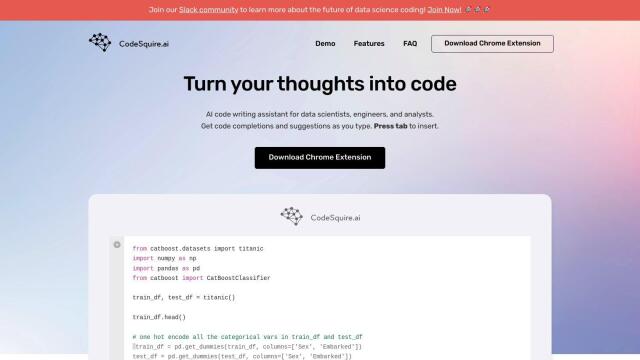Question: I'm looking for a code assistant that provides personalized suggestions and integrates with my preferred IDE, can you suggest one?

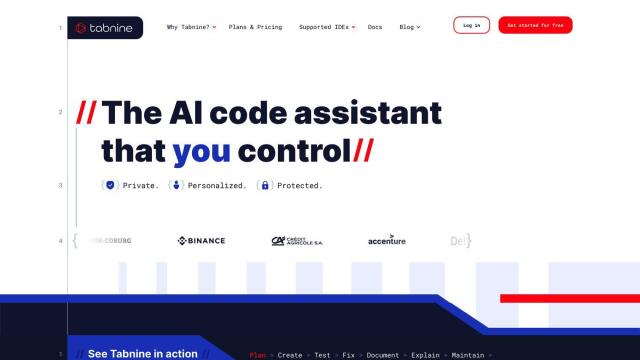
Tabnine
If you're looking for a code assistant that offers personalized suggestions and works with your favorite IDE, Tabnine is a good option. The AI-powered tool speeds up and simplifies software development by predicting code based on user behavior and preferences. It supports many programming languages and IDEs, including VS Code, IntelliJ, Visual Studio and Eclipse, so it should fit in with your workflow. Tabnine also offers customizable models trained on your own codebase, so it's good for both solo developers and teams.

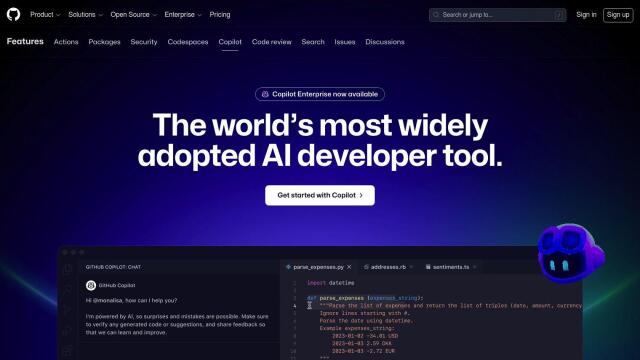
GitHub Copilot
Another option is GitHub Copilot, an AI-powered developer tool that offers context-aware help as you work on a project. It can help with code completion, natural language prompts and a chat interface to understand codebases. GitHub Copilot works with many IDEs and terminals, and spans several GitHub interfaces, so you can use it on different machines and workflows. It's available in three pricing tiers for individuals, businesses and enterprises.

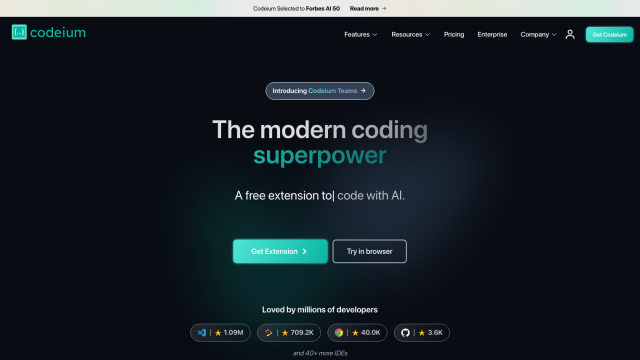
Codeium
If you want broad language support and a chat interface, Codeium could be a good choice. The AI-powered assistant supports more than 70 programming languages and works with leading IDEs. It offers features like advanced code completion, an AI chat interface to generate documentation and bug fixes, and encrypted data transmission. Codeium is for individuals and teams, with pricing options that vary depending on how many users you have, and it has a strong focus on data privacy and security.
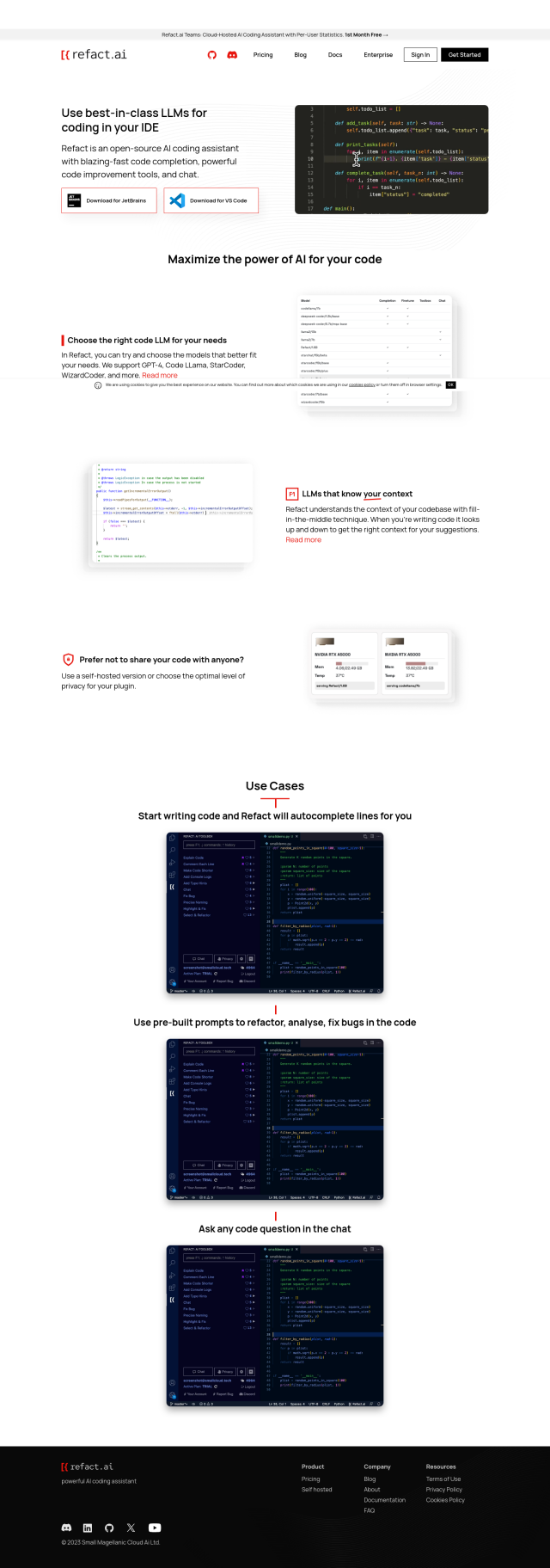
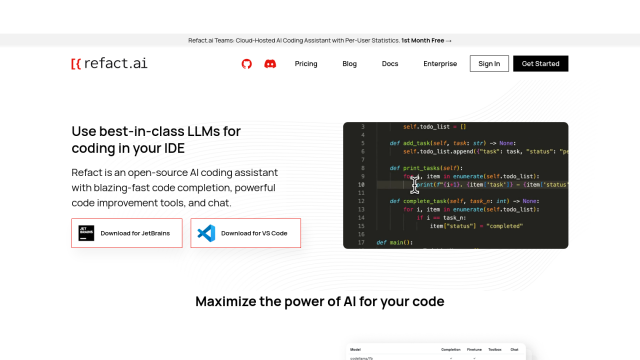
Refact
Last, Refact is an open-source AI coding assistant that can offer fast code completion and context-aware suggestions. It supports several large language models and works with IDEs for optimizing code. Refact has privacy-focused features like self-hosted deployment and customizable privacy options, so it's a good option for developers who want to keep their data out of the cloud.

